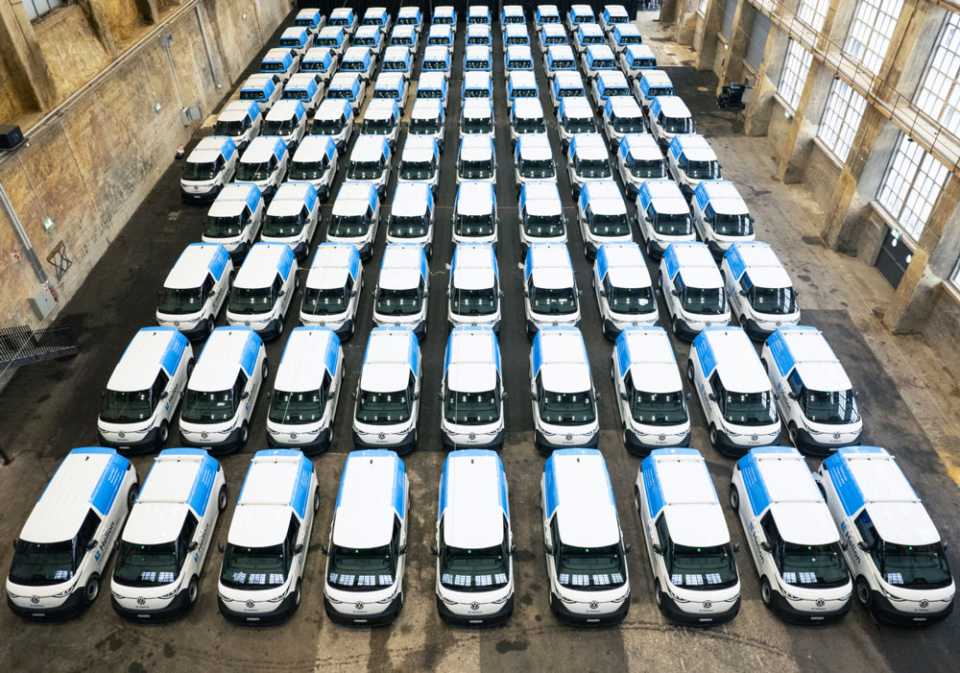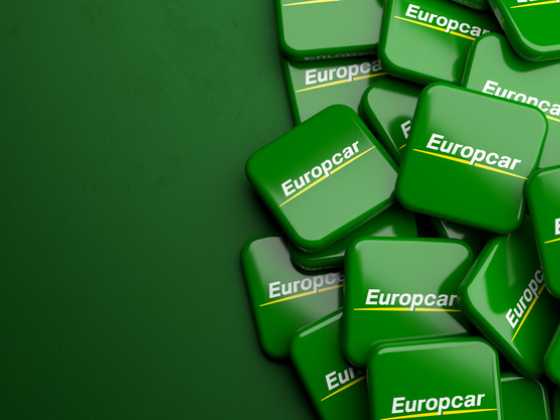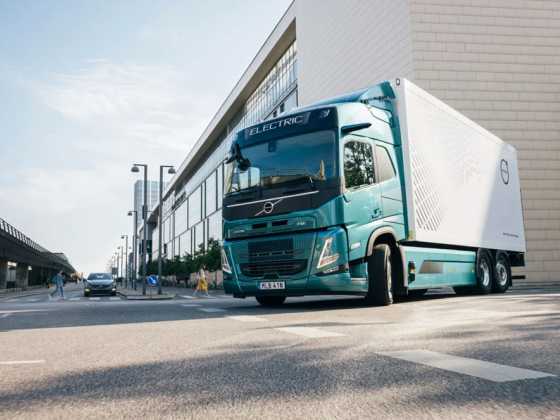Swiss solar company Helion takes on 100 VW ID. Buzz Cargos

Helion has been delivered 100 Volkswagen ID. Buzz Cargo vehicles, the largest fleet order of the vehicle to date.
The vehicles, which have a range of around 265 miles, will be used by technicians, who have handed back their diesel vans. The vehicles will also use self-generated solar power for carbon-neutral operation of its fleet.
To ensure that day-to-day operations run smoothly from the outset, Helion set up an operational support group before the changeover in order to test the vehicles and identify possible challenges.
Helion has invested in its charging infrastructure and expanded it massively at all its branches. The required infrastructure was also financed for staff who have the option of charging at home.
Lars Krause, member of the Board of Management responsible for Sales and Marketing at Volkswagen Commercial Vehicles said: “We are delighted that Helion is committed to the ID. Buzz Cargo as a service vehicle and will also use self-generated solar power for carbon-neutral operation of its fleet.
"The ID. Buzz stands for sustainable mobility like no other commercial vehicle. Together with our partners, we are driving forward the energy transition in the commercial vehicle sector.”
Noah Heynen, CEO of Helion, said: “With the conversion of our commercial vehicle fleet to electric power, we are also driving forward the energy transition within the company. We 'Helionauts' will tackle the corresponding challenges together. As of today, around 100 of our technicians from all over Switzerland are on the road electrically and are therefore also ambassadors for our vision and the energy transition.
“Helion plans to save around 300 tonnes of CO2 per year by switching to an electric fleet. In doing so, we are making our contribution to achieving the climate goals and assuming responsibility as a company,” he says. “In addition, customers benefit from even more sustainable solar systems, as Helion technicians are now all on the road with electric commercial vehicles. This further improves the carbon footprint of our products.”



